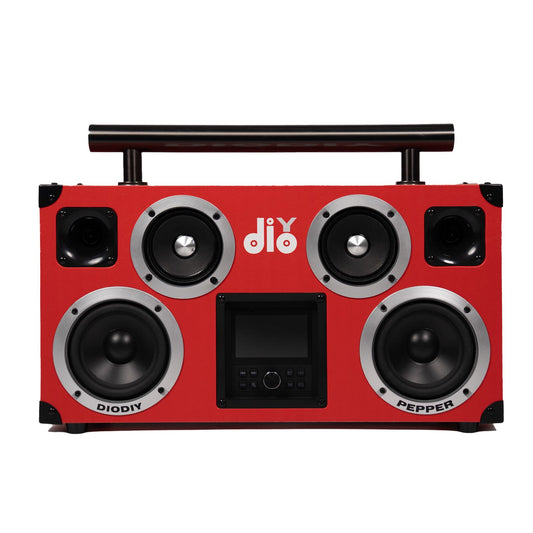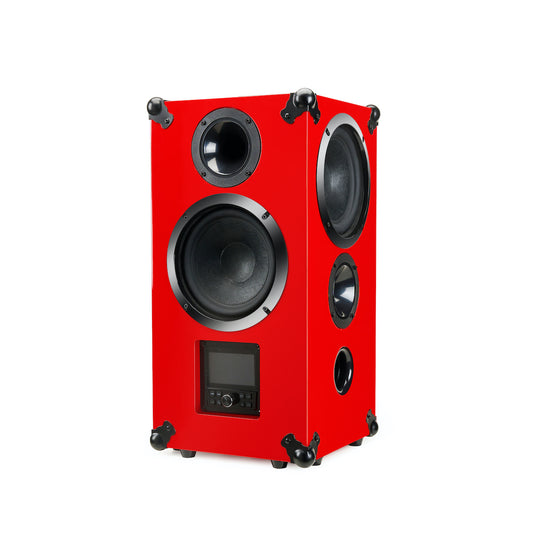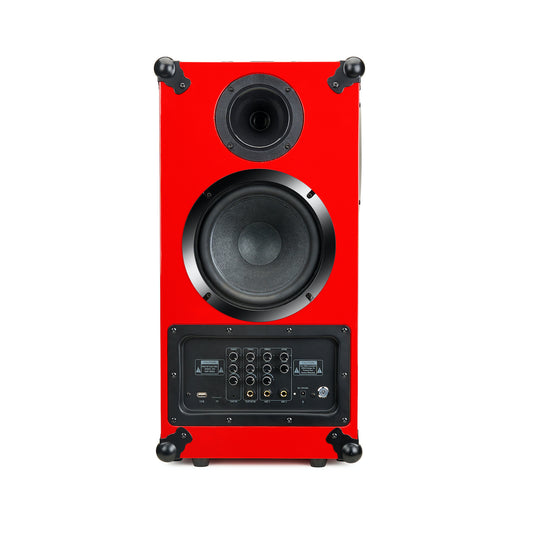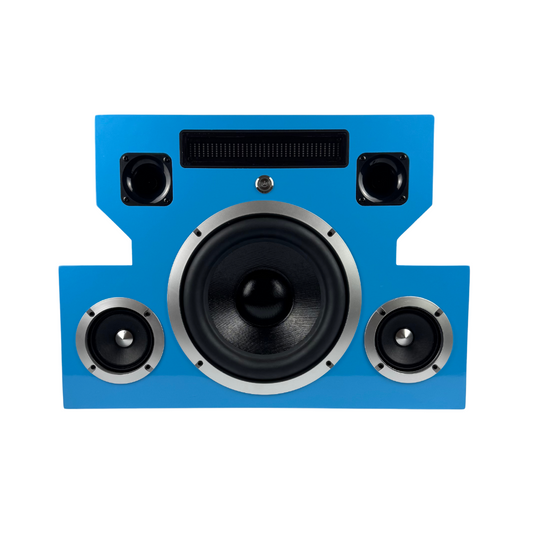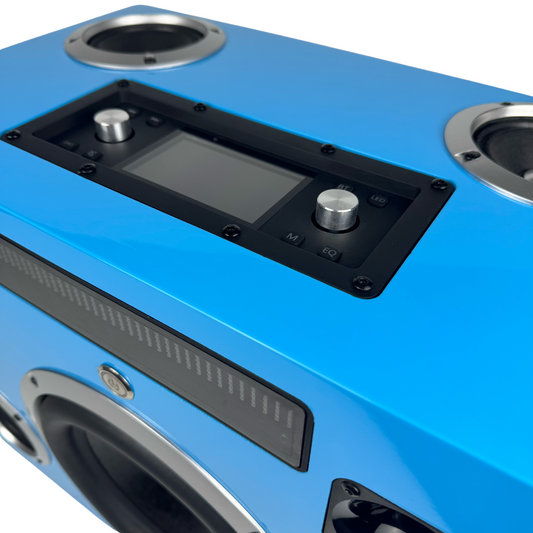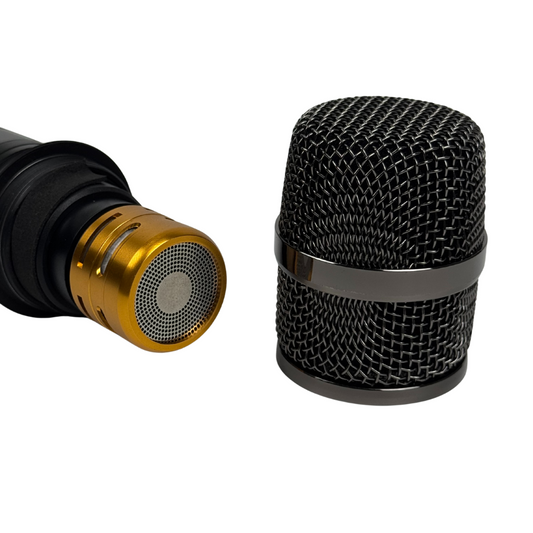
Why RMS Power is A Key to High Quality Sound?
Share
When evaluating speakers, one specification that often stands out is RMS power. For audiophiles and casual listeners alike, understanding this term can help in choosing the right speaker to deliver the desired sound quality. In this blog, we’ll explore what RMS power is, why it matters, and how it reflects a speaker’s overall performance.
What is RMS Power?
RMS (Root Mean Square) power refers to the continuous power output that a speaker can handle without distortion or damage. Unlike peak power, which measures the maximum power a speaker can handle in short bursts, RMS power represents the average power a speaker can sustain over time.
RMS power is considered a more reliable indicator of a speaker’s real-world performance. It gives users a clear idea of how the speaker will perform during regular use, ensuring consistent sound quality even at higher volumes.
For example:
- A speaker with an RMS power of 100 watts can deliver a steady output of 100 watts without compromising sound clarity or risking damage to its components.
- The same speaker might boast a peak power of 200 watts, but this capability applies only to brief moments, such as during explosive sound effects or musical crescendos.
- Check out the blog here to discover more about the difference between the RMS power and the peak power.
Why Does RMS Power Matter?
RMS power is crucial because it provides insight into a speaker’s quality, durability, and performance. A larger RMS power often translates to better overall sound quality. Here’s why:
1. Consistent Performance
Speakers with higher RMS power ratings are designed to handle more energy without distorting the audio or overheating. This ensures that the sound remains clear and balanced, even at higher volumes.
2. Dynamic Range
High RMS power allows a speaker to produce a wider range of sounds, from soft whispers to booming bass, without losing detail. This makes it ideal for enjoying music, movies, or gaming, where dynamic audio is critical.
3. Speaker Durability
A higher RMS power rating often indicates robust internal components, such as voice coils and cones, capable of withstanding continuous power. This translates to a longer lifespan and better reliability, making it a key consideration for buyers.
4. Better Compatibility with Amplifiers
Speakers with higher RMS power work well with powerful amplifiers, ensuring efficient energy transfer and superior sound output. This is particularly important for creating custom audio setups.

DioDIY's Pepper Speaker: 260W RMS Power
RMS Power and High-Quality Sound
At DioDIY, we prioritize RMS power as a critical metric in designing our speakers, including our best wireless speaker models. By focusing on high RMS power, we ensure that our products deliver high-quality sound with consistent clarity and rich dynamics.
A higher RMS power rating allows our speakers to handle complex audio demands, such as deep bass notes, soaring treble, and midrange accuracy. This results in an immersive listening experience, whether you’re hosting a party, enjoying a movie, or relaxing with your favorite playlist.
Conclusion
RMS power is a vital specification that reveals a speaker’s ability to deliver consistent and high-quality sound. Speakers with higher RMS power ratings are more durable, versatile, and capable of handling dynamic audio needs, making them an excellent choice for discerning listeners.
As a leading speaker manufacturer, DioDIY ensures that our speakers meet the highest standards of performance, including optimized RMS power. If you’re searching for a speaker that combines reliability, power, and exceptional sound quality, explore our range of products today.

